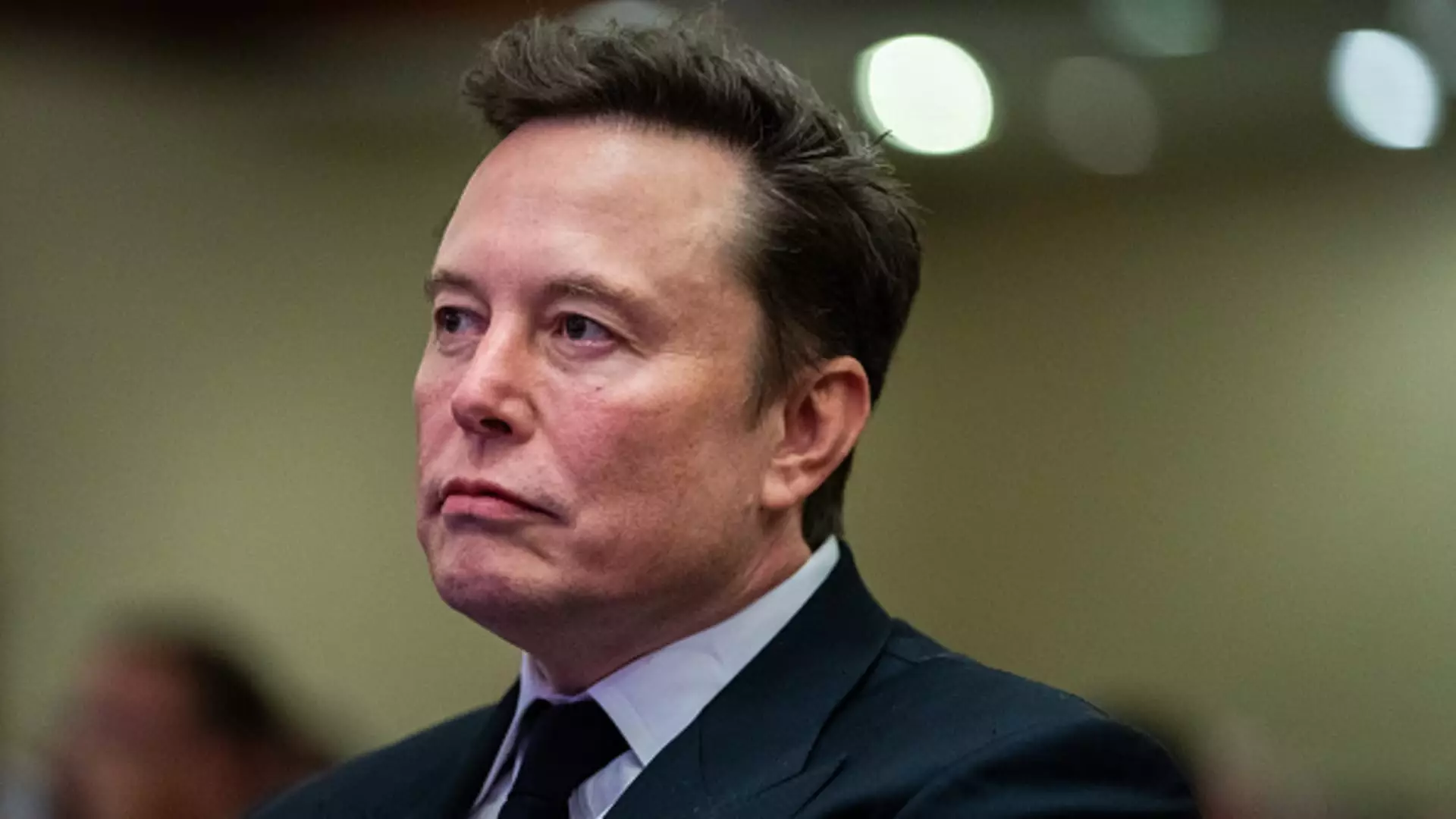The advent of social media has changed the landscape of communication, politics, and business, and a prominent figure in this transformational journey is Elon Musk. Musk’s acquisition of Twitter—now rebranded as X—in 2022 was hailed as a definitive moment in the battle for free speech in the tech world. He presented himself as a champion of unfettered expression, particularly for voices that felt marginalized on existing platforms. However, recent events have raised alarms about the actual implications of his policies, especially regarding conservative voices and the supposed censorship they face.
Recently, a wave of conservative accounts on X has complained about losing their blue verification badges, which are essential for accessing premium features. At least fourteen distinct profiles reported this issue, claiming that it hindered their ability to reach audiences or generate revenue through the platform. This incident has ignited accusations of censorship against Musk, particularly because many of these accounts prominently disagreed with his stances on immigration—a topic that has become increasingly contentious under the Trump administration.
One prominent influencer, Preston Parra, has expressed that X’s actions represent a political crackdown rather than mere algorithmic adjustments. His frustration is indicative of a deeper sentiment among conservatives: a belief that their voices are being systematically silenced by a platform that was once viewed as a sanctuary for expression, especially for those aligned with right-wing ideologies.
Musk responded to the criticisms with a reference to the platform’s algorithm, arguing that users who are frequently muted or blocked by credible accounts see a significant reduction in their visibility. While this statement may partially justify the perceived censorship, it does little to assuage the frustrations of those who feel targeted. Critics of Musk argue that algorithms can be selectively enforced, enabling the tech mogul to essentially shadowban those he deem problematic without transparency.
This lack of clarity in moderation policies raises questions about the integrity of free speech on X. It appears that Musk’s definition of “credible users” is subjective, positing an environment where dissenting voices are readily dismissed or diminished. For many conservatives, this has morphed into a scenario that contradicts Musk’s earlier promises—purportedly aiming to create a platform open to all.
The ongoing saga includes not only the tech aspect but also significant political ramifications. Musk’s relationship with former President Donald Trump has invited scrutiny in recent days as the new administration navigates various policies, including immigration. Conservatives who once saw Musk as an ally are now questioning his loyalty to the cause, labeling him a “Trojan horse” within Trump’s base.
The emergence of a new “Department of Government Efficiency,” tasked with integrating technology into governance, has made these concerns even more pronounced. With tech figures like Musk and Vivek Ramaswamy at the forefront, far-right factions view this collaboration with skepticism, particularly given their histories with immigration and tech entrepreneurship.
As debates continue to swirl around the parameters of free speech and censorship on social media, the future of X hangs in the balance. Are users willing to abide by a system where their tone and viewpoints dictate their visibility? Can Musk navigate these criticisms without alienating a significant section of his user base? The controversies surrounding censorship and ideological purging pose a dilemma not just for Musk but for the very essence of what social media represents—an unpredictable forum for all voices.
In essence, as the platform grapples with its identity, the solutions may require a departure from algorithmic opacity, embracing true transparency instead. The balance between upholding free expression and managing community standards remains tenuous; navigating these waters will require a commitment to fairness, a commitment that many now doubt Musk can deliver.


Leave a Reply